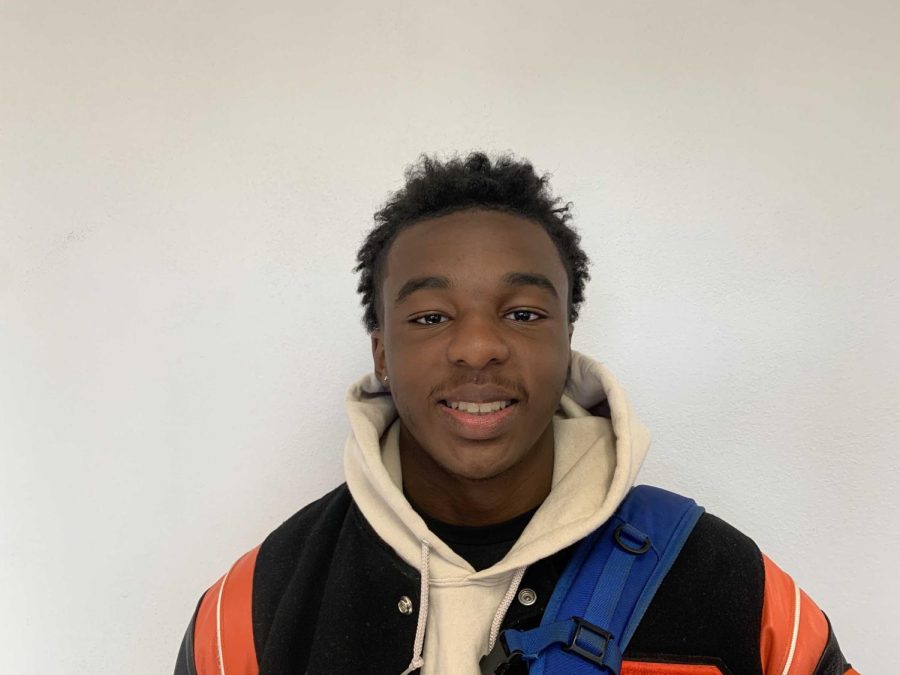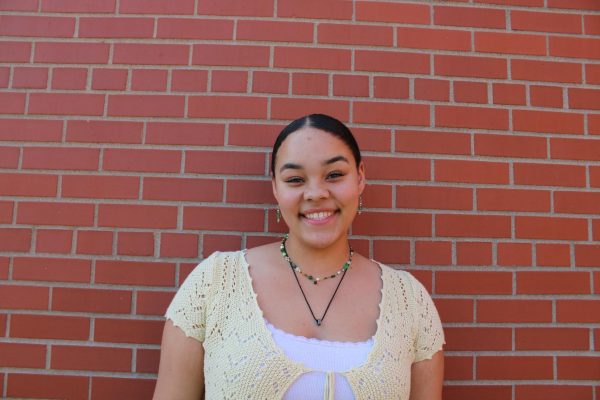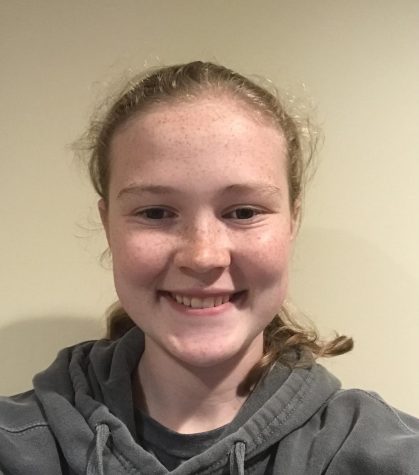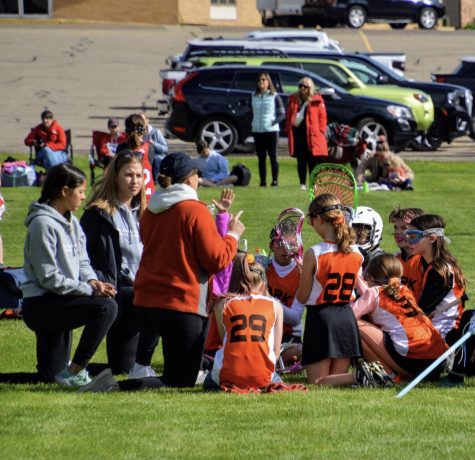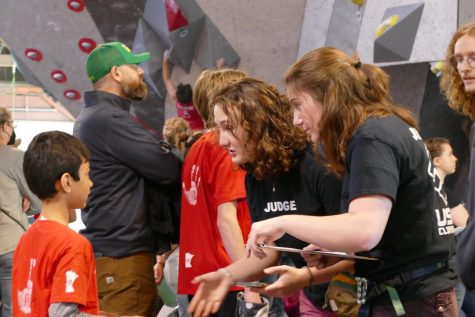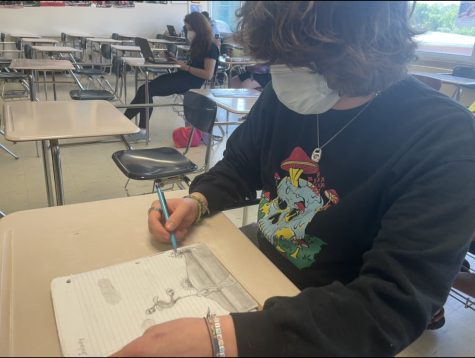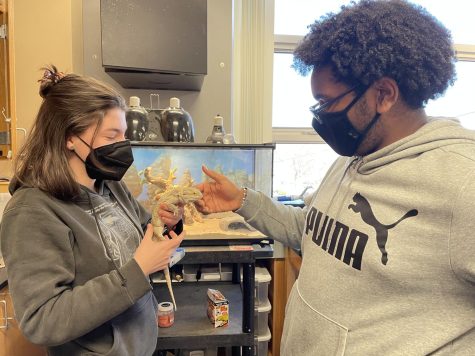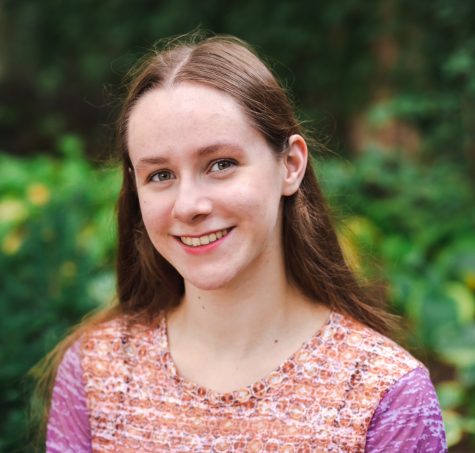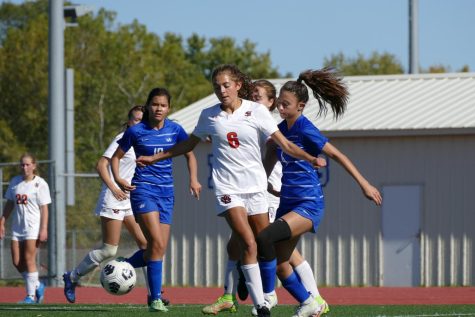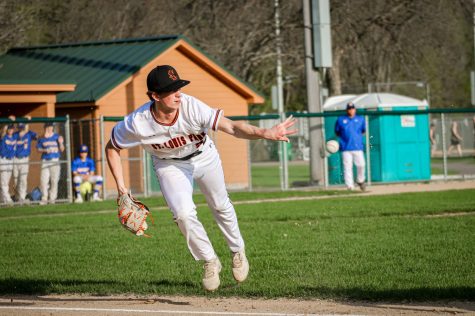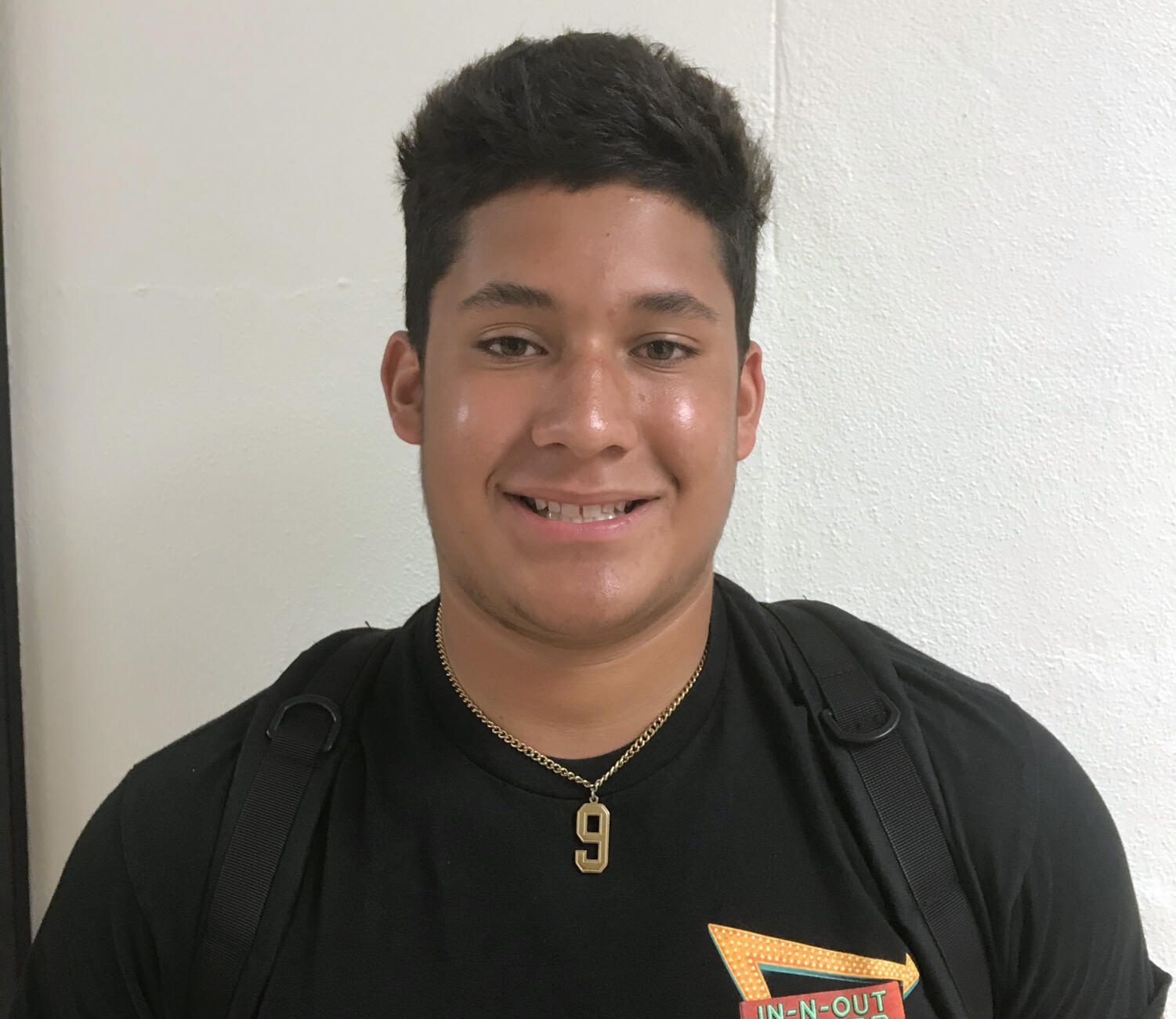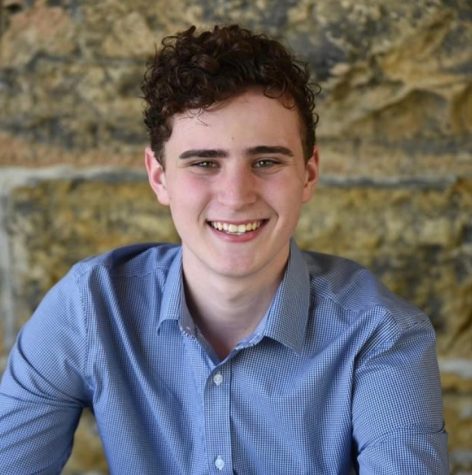Ezra Hudson recognized for Princeton Prize in Race Relations
Senior receives certificate of acknowledgement for award
April 21, 2022
After making a difference with his activism, senior Ezra Hudson was recently recognized for the Princeton Prize in Race Relations.
The Princeton Prize in Race Relations is granted to more than 1,800 high school students each year. It honors high school students who, through their community contributions, have impacted, advocated for and advanced racial equity.
While Hudson did not win the award, he said he was granted a certificate acknowledging his work and achievement in other ways.
“(Princeton) chooses a couple students across the nation to award the scholarship prize. Students who don’t get the prize get the certificate that I did,” Hudson said. “It says that I’ve been putting in work in different ways to help better race relations in America.”
SOAR advisor, Dr Lee-Ann Stephens, said she has high hopes for Hudson and thinks highly of his accomplishments.
“I’m so impressed with his courage and at such a young age how important racial justice is to him. I admire and cannot imagine what he’s going to do,” Stephens said.
According to Hudson, joining SOAR and co-founding his organization was what set in motion his work as a leader.
“The first time I got into activism was joining SOAR and finding my own voice and my own way to create change,” Hudson said. “Co-founding my organization, Minnesota Teen Activists, also really launched my activism forward and got me into the work.”
Stephens said she was able to speak with directly and aid Hudson in the process of applying for the award.
“I wrote a letter of reference and I was also able to speak with one of the people who decides who gets the award to get more information on why I wrote the letter of reference,” Stephens said.
Hudson said acknowledgment for activism in general is not the most important part of advocating of racial equity, but it does allow for the work of students to be more appreciated.
“I don’t think recognition is the biggest thing in doing race relations, but I do think it is part of it. It motivates people to keep doing it and it also shows and showcases their work and puts them on display,” Hudson said.
Stephens said Hudson has had a large influence on SOAR and the community surrounding it, bringing more attention to the group and the cause.
“The numbers that we have in SOAR are a big part of tribute to him bringing people in.” Stephens said. “Our numbers have grown significantly and I attribute a lot of that to the example that he has set.”



